Jody Cole, Founder of Wild Rainbow African Safaris, Guides Us Through Her Transformative Journey
Just looking at Jody Cole, you probably wouldn’t guess that she spent a lot of time as a child reading comic books to the cows on her mom’s farm in Birmingham, Alabama. Even at a young age, she wasn’t intimidated by animals and that included Cosco the bull, who was among cattle she would regularly serenade. This was clearly an early sign that she had a unique connection to wildlife and nature.
But at the age of 35, Jody was dealt a few tough blows that included the death of her father, the loss of her first dog as an adult, and her girlfriend dumped her – all in one year. But it was a good friend, diagnosed with full-blown AIDS and other health challenges, who was there to lend a kind ear and offer Jody some tough love and a push in a positive direction. During a telephone convo, he asked her, “What would you do if you only knew you were going to live for a month?” After a short reflective pause, she answered, “I’ve never been to Africa.” She was shocked by her response because she’d always dreamed of going to Australia. She immediately made plans to travel to Africa!
In 1998, Jody embarked on a six-week transformative journey through Africa, which included South Africa, Kenya, Tanzania, a trek to the top of Mount Kilimanjaro, and a Serengeti safari. She tells me with a happy spark in her eyes, “My life was changed forever.” She returned home, and during a therapy session, she had a post-trip epiphany, “I realized that I could say yes to my dreams and that I was my only obstacle.”
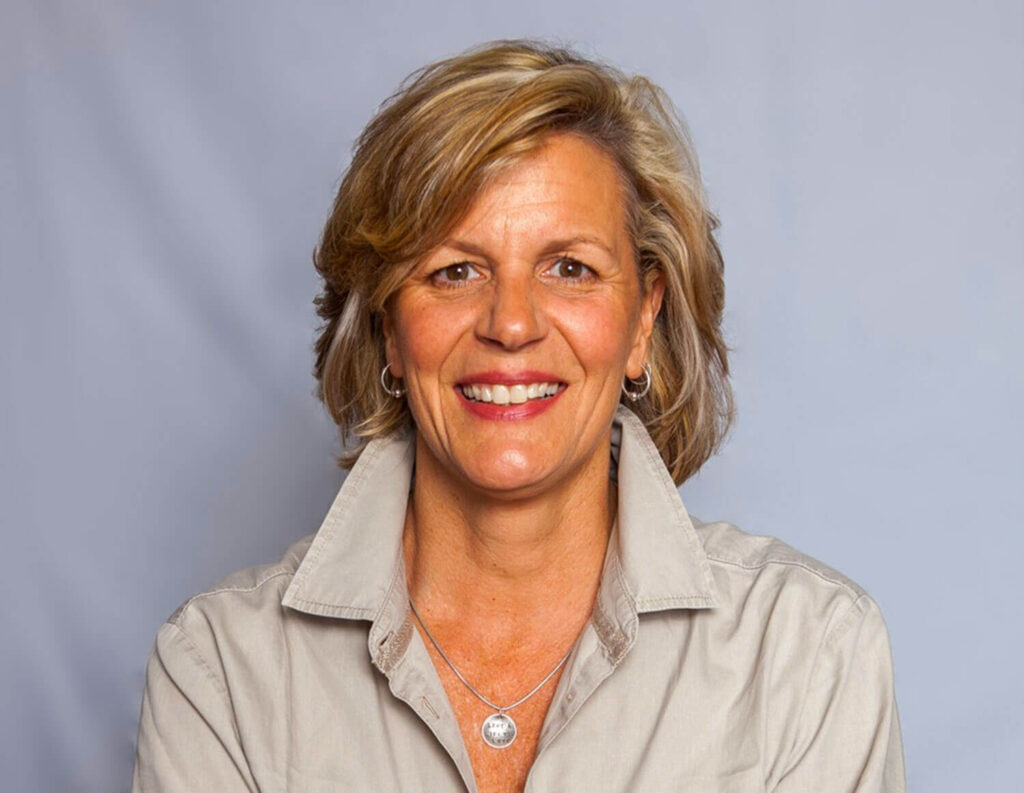
Today, that’s exactly what Jody hopes her guests will come to understand with her as their safari guide. And we wanted to get to know more about her journey from that fearless little girl on the cattle pasture in Birmingham to the founder of Wild Rainbow African Safaris, based in Asheville, North Carolina.
In our candid conversation with Jody, she spills the details about her love for Africa, her training to become a safari guide, her career path as a queer businesswoman, and she also reveals how she handles questions about the safety of her LGBTQ+ guests on a continent, where for the most part, it’s illegal to be LGBTQ.
Vacationer Magazine: So, when did Wild Rainbow African Safaris officially open for business? You mentioned that the name was the merging of a friend’s agency, Over the Rainbow Travel, in San Francisco, and your production company at the time, Wild Affair Productions, right?
Jody Cole: Yes, Alison Hawthorne (owner of Over the Rainbow Travel) still books my guests’ flights and handles travel insurance for us. The company officially started in July 2004 with a group of 20 people. We went to Kenya, then Botswana with 14 people. I wanted to show Africa to people who were apprehensive about going. Some people get nervous because they believed there were dangerous things in Africa that could hurt them. Well, yes there are, but I have to remind guests that they are traveling with professionals.
Back then and now, our guests come away from our safaris changed. Nature does something to people, especially in the place that I believe to be the motherland. There’s no doubt in my mind that all human beings millions of years ago – we all came from there. Most people feel that, but they may not confess that. But they go home changed.
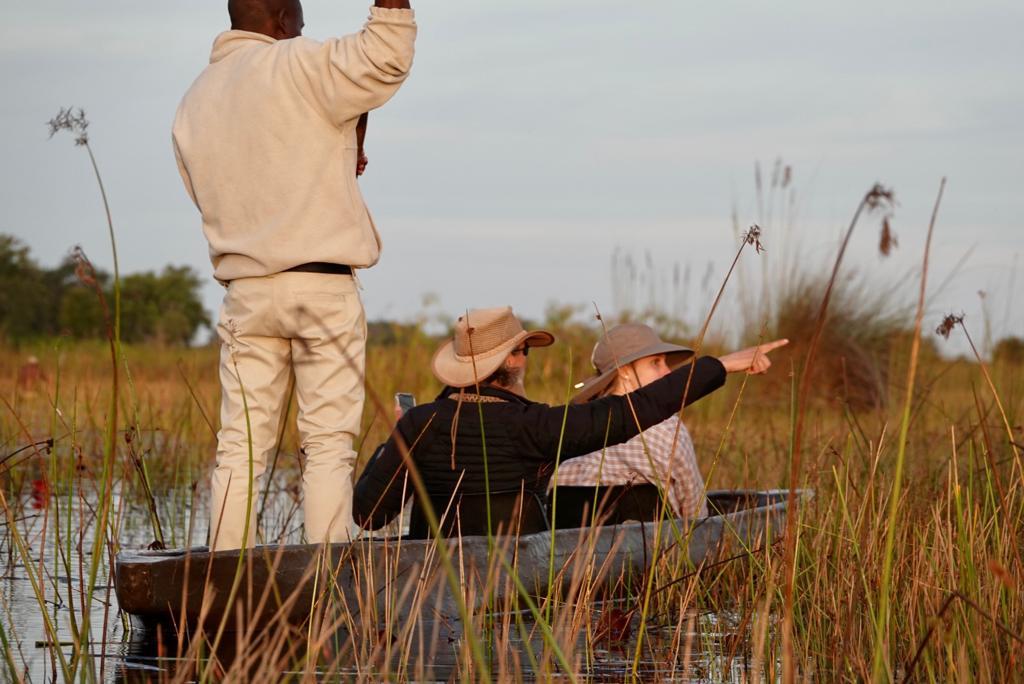
Did you have any obstacles starting your business as a queer business owner?
Jody Cole: I did not, and I thought I would. I grew up in Alabama, but I was raised in San Francisco, where I lived for almost 30 years. I arrived in San Francisco when I was 22 years old during the height of the AIDS crisis and the community really shaped the Jody Cole that exists today.
I did a lot of [LGBTQ+] movement work there. So, I was kind of ahead of the curve, meaning, I gained confidence from doing fundraising for non-profits, especially at the time. In the 80s and 90s, we were doing fundraising for AIDS and LGBTQ+ rights around the time when we (the LGBTQ+ community) started to contemplate commitment ceremonies. That seems like ancient history, but all the pre-marriage equality stuff. So, I definitely know how to overcome challenges and obstacles when they present themselves.
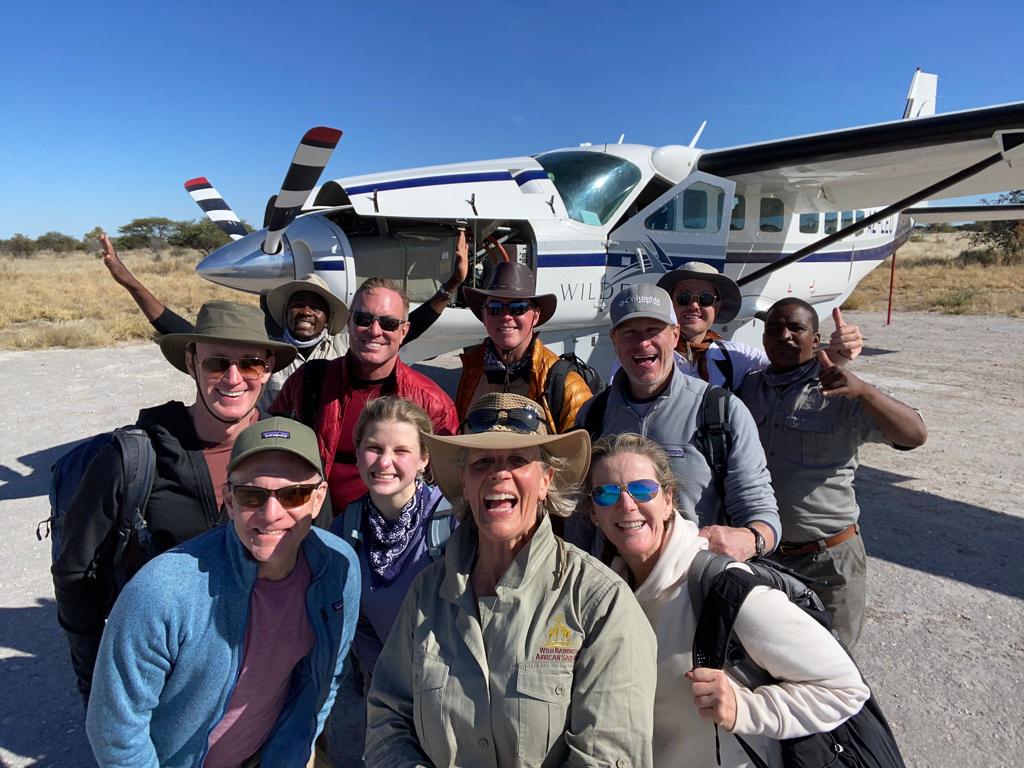
For clients that identify as LGBTQ+, do you get inquiries about their safety in Africa? And if so, what do you tell travelers who are interested in traveling to Africa but hesitant because they are unsure of their safety?
Jody Cole: It depends on who’s asking. But based on my experience and inquiries that I have made with the ground teams (which are local) and the countries that I’m traveling to – if there’s something newsworthy that comes up, I’ll address it either in an email or in person.
While we’re in the tourist bubble, we are safe because I’ve worked with many if not all ground teams and companies for 10 years. Once you’re there [in Africa] and you’re having a conversation across the table or seated next to locals, they’re like, “ok, good, great, you’re gay.” It’s a non sequitur. Initially, it can be awkward and or a feeling of “why did they just tell me that?” Everyone I work with knows that I’m gay and that my guests are predominantly gay. It’s not a big deal.
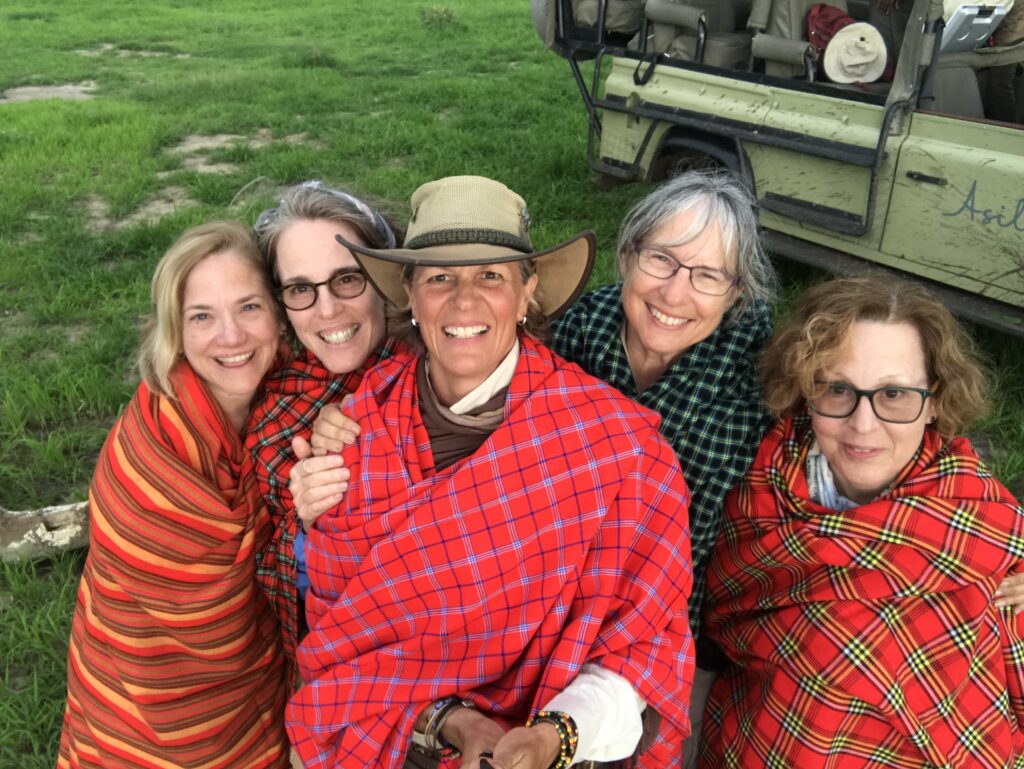
With men… I will say that now that there are apps that work around the world; I recommend that they do not use them. I’ll do the best I can to help you because I care – but once you leave our travel bubble and decide to engage with someone in another country that has cultural and legal differences from ours – think about that. Africa is not Europe. And even in Europe or the United States, you don’t know who is going to come to the door at your hotel or whose door you’re knocking on. Africa is a different animal, pardon the pun, but it is an entirely different animal.
I also tell guests not to think that a place is LGBTQ+-friendly or that public displays of affection are cool for gay couples just because they see two men holding hands. There are cultural differences tourists should be aware of. In some countries, out of deep respect or friendship, men will gently hold hands with other men, and the same for women, but that does not mean they are gay. So, I request that our guests, when we’re in public, that they be respectful of local customs and traditions.
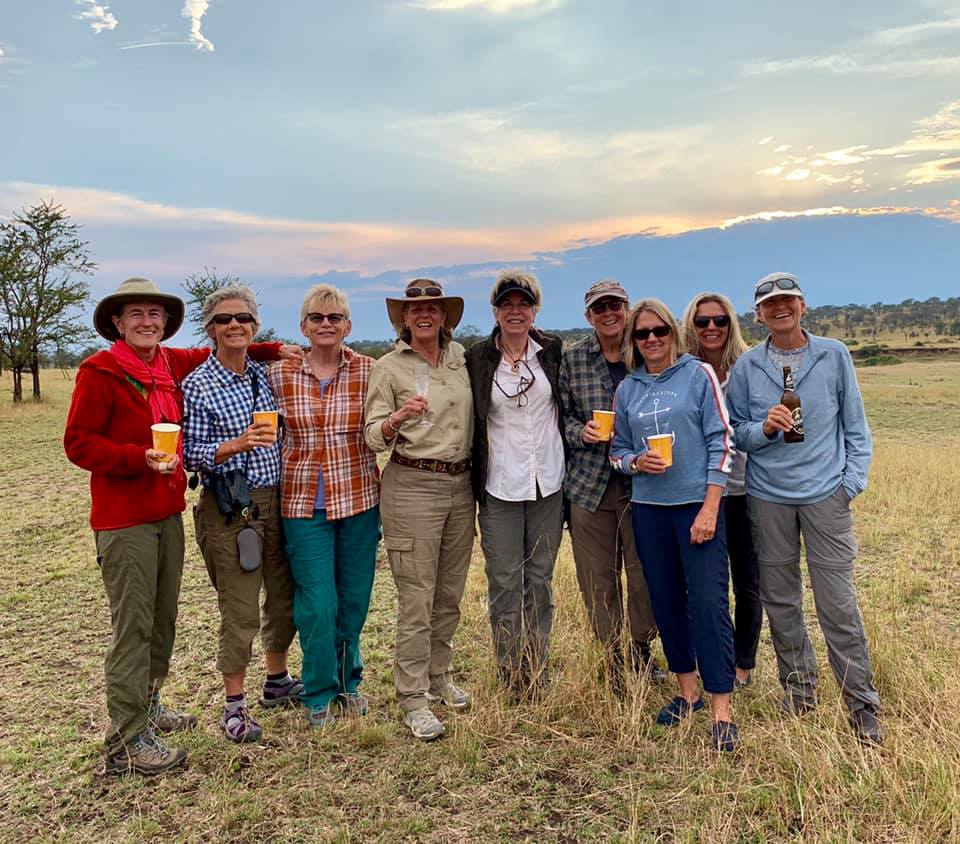
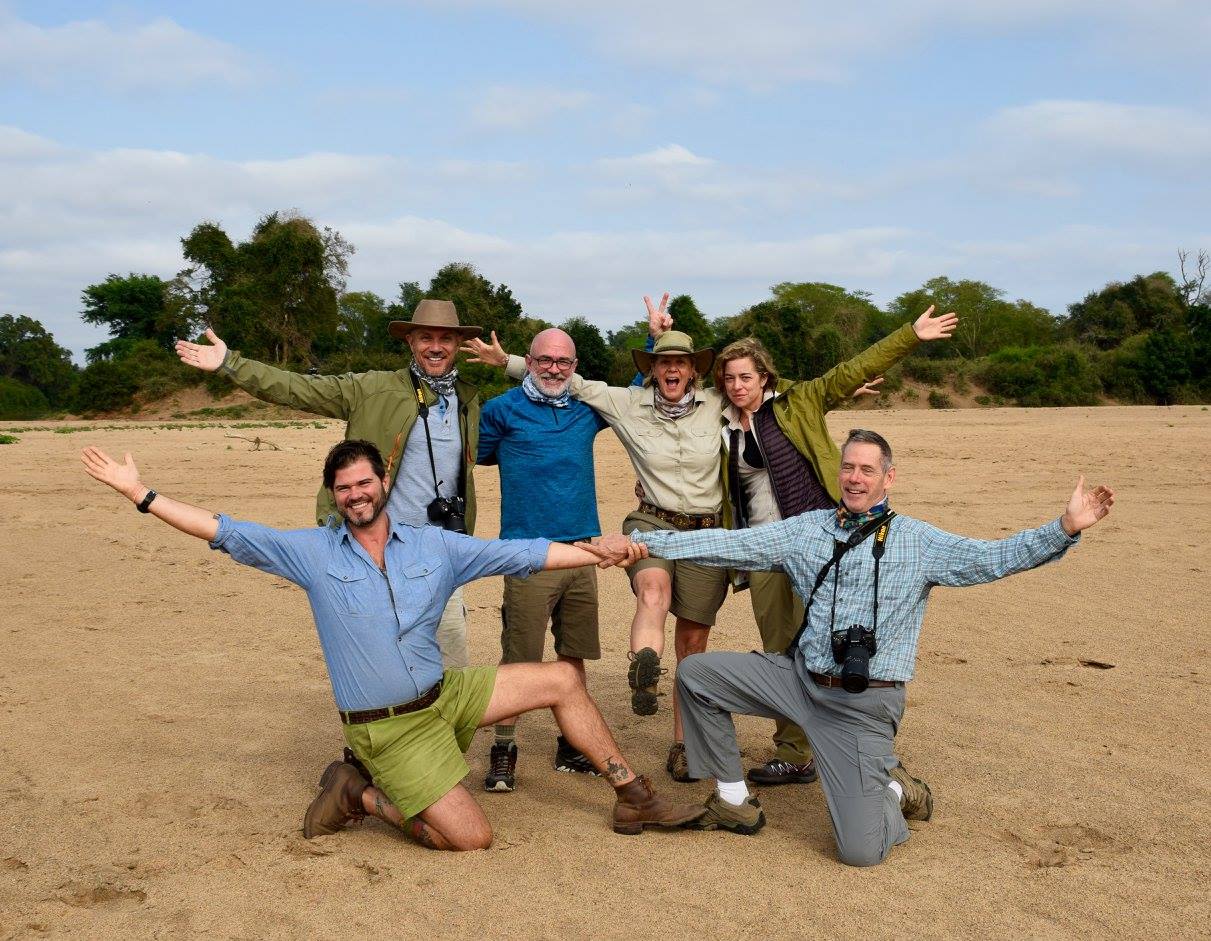
Speaking of Africa, what countries to visit for safari tours?
Jody Cole: I take guests to East and Southern Africa. The East African countries that we go to are Kenya, Tanzania, Rwanda, and Uganda… so far. I’m hoping I can get people to maybe go to Ethiopia, Chad, and the Democratic Republic of Congo, but that’s down the road. But in Southern Africa, we go to Zambia, Zimbabwe, Botswana, Namibia, South Africa, and Mozambique. And I’ve also taken people to Madagascar as well.
Are there specific safaris that you arrange that have become popular among your guests?
Jody Cole: Right now, gorillas are popular. I love Rwanda, but as you know it’s the more expensive little sister to Uganda. I would encourage people to go to Uganda because you get to see everything in Uganda. It’s chocked full of game reserves and national parks where we can do the gorillas and chimpanzees. And we can see the Big 5 (lion, leopard, rhino, elephant, and African buffalo).
I call South Africa – Safari 101. You get Cape Town, the Winelands, you get paved roads, and you can do a safari and see all the things you want to see on a 10-day trip – that’s what most people do anyway. Botswana and other places seem to be people’s second or third trips.
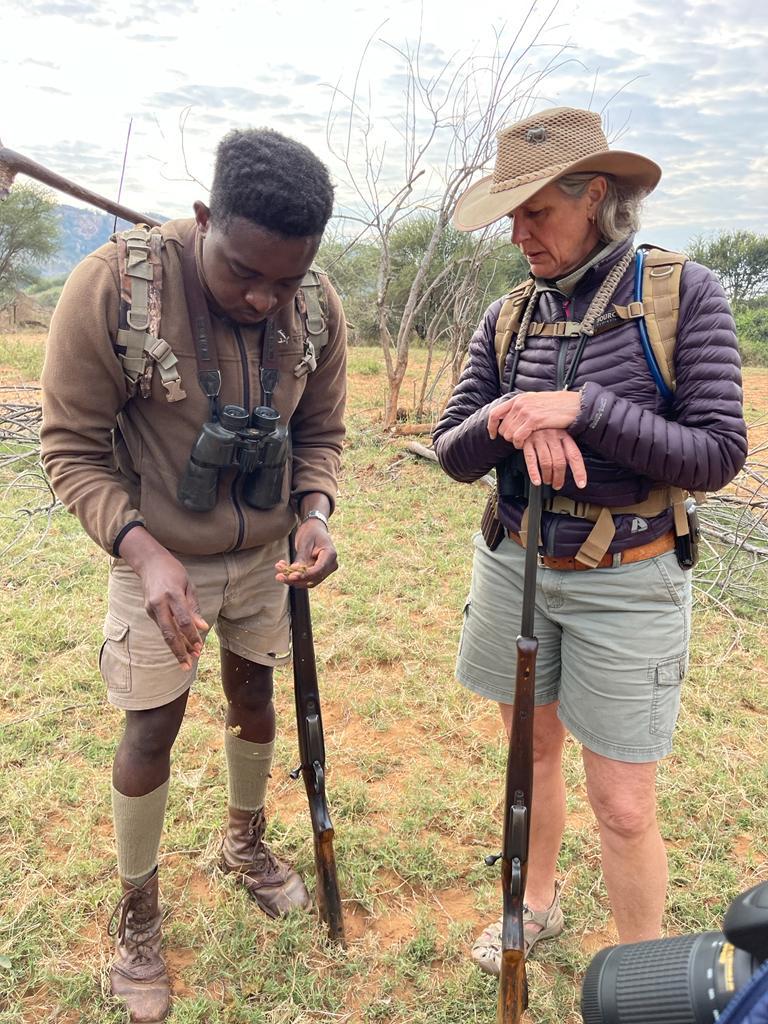
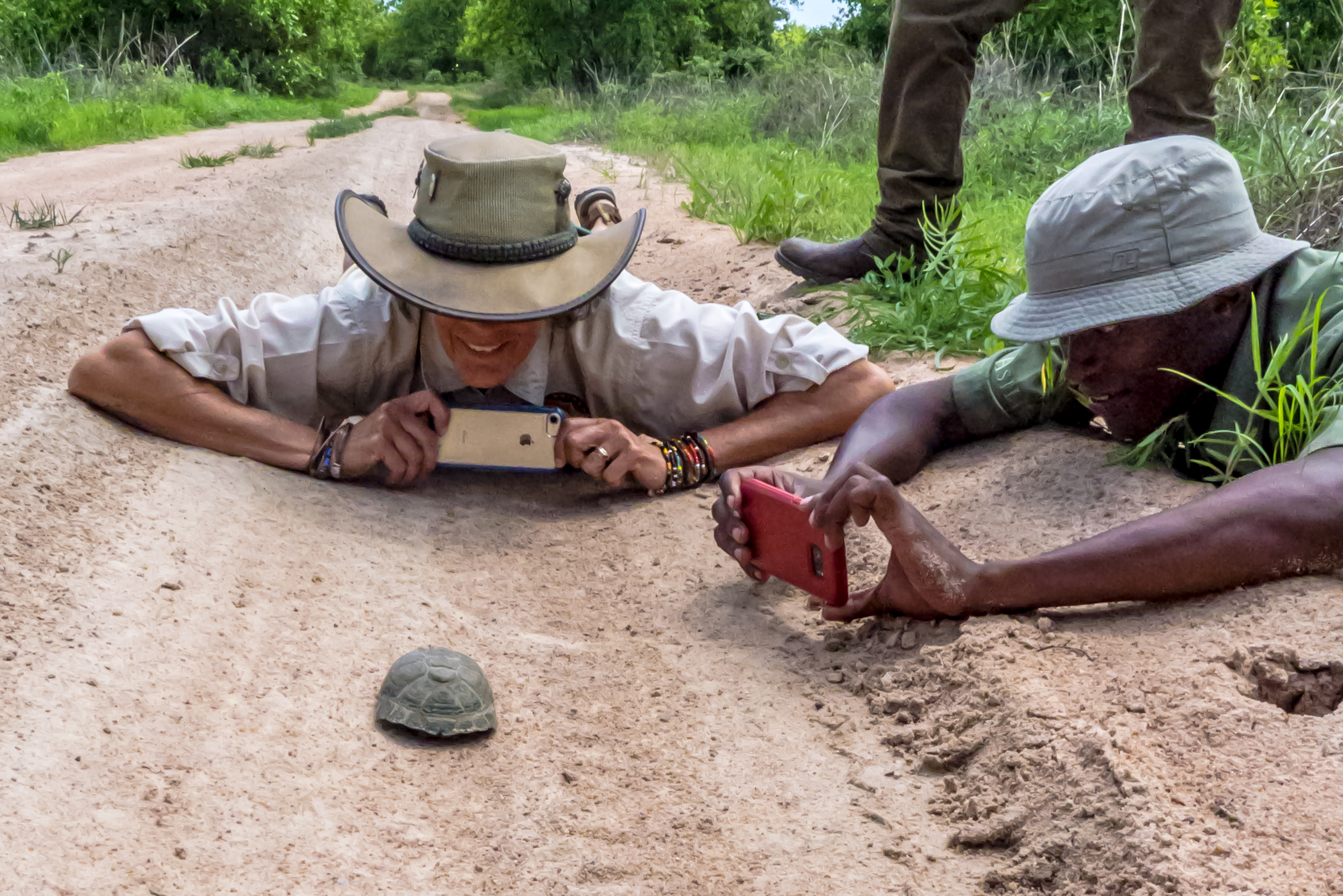
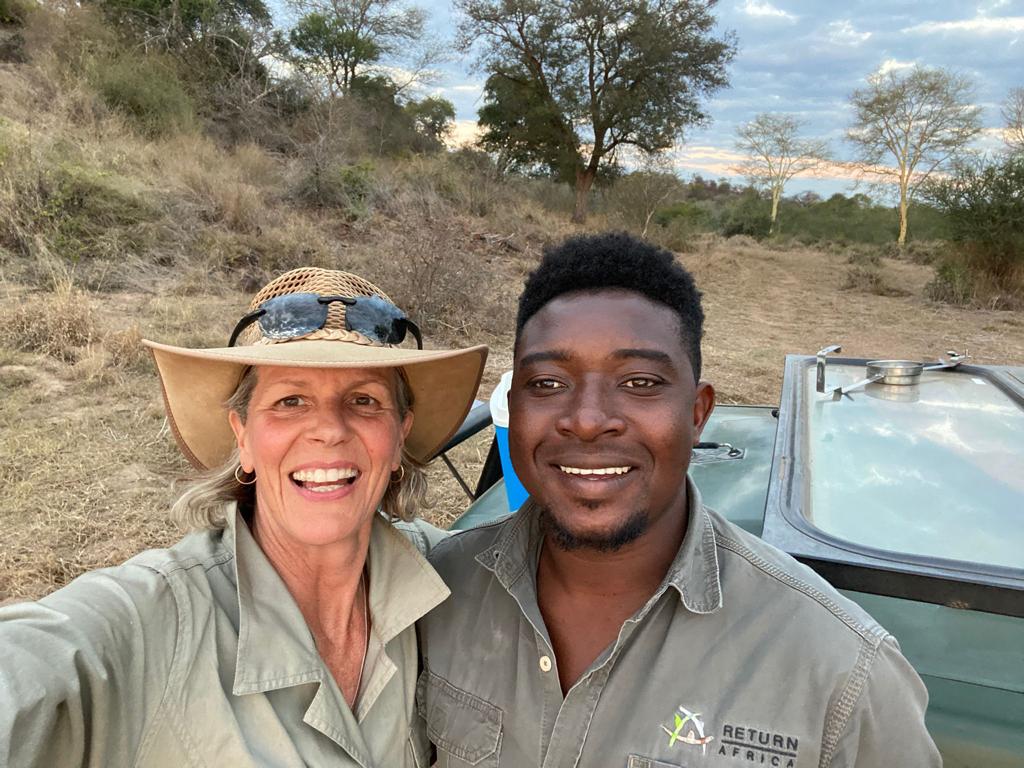
Are you the only guide on game drives during a Wild Rainbows safari?
Jody Cole: I team up with the lodge or camp guide to share the guiding duties. I have global knowledge of safaris and 25 years of experience. The local camp guide has knowledge of the area and the wildlife in the area. So they have stories for example about a specific pride of lions and their lineage or the details about the local matriarchal elephant herds. We balance each other out really well with a fun dynamic and offer guests a broad spectrum of knowledge they can tap into during the trip.
So, I’m curious. Is there a special training process you must go through to become a certified safari guide?
Jody Cole: There’s an organization in South Africa called the Field Guides Association of Southern Africa (FGASA) that works hand in hand with a governmental entity that certifies guides (CATHSSETA). FGASA sets an even higher standard if you want good training. So, that’s what I did starting in 2008. So, I did Level 1, which at the time, was 28 days and we learned everything from the formation of the planets to the formation of clouds. We had to learn a lot about the constellations that occur in the Southern Hemisphere and anything in between including knowledge about trees, soil, animals, you name it, and it was fantastic!
We had to take an exam in South Africa. You have to receive 75 percent or higher to pass. I passed with flying colors. A guide also had to assess my skills on a 3.5-hour game drive. I had training to be a trail guide to take guests out on bush walks in dangerous game areas, where animals can kill you on foot, like the Big 5, hippos, and hyenas.
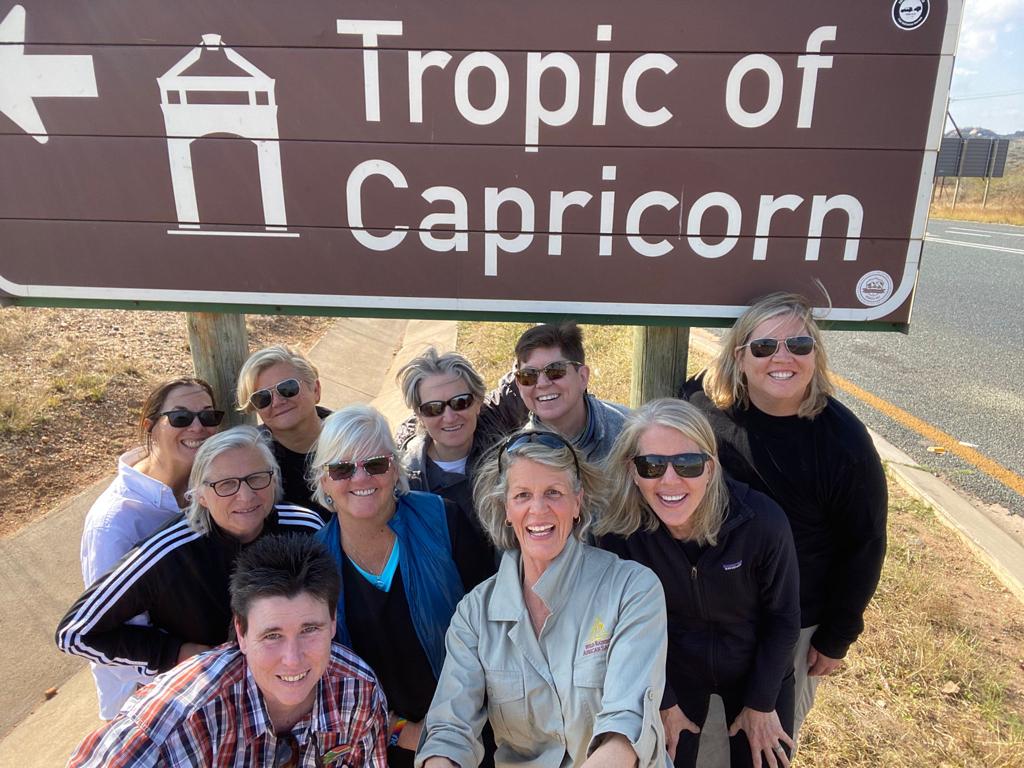
I passed the shooting because you have to carry a firearm and be able to manage a situation quickly. We only carry the rifle for peace of mind for the guests’ experience and our intent is always to respect, preserve, and never shoot. We should never get ourselves in a situation where we have to shoulder that rifle. So, that’s why it’s necessary to have a keen understanding of sounds in the bush and animal behavior.
I was invited to be an apprentice for two years with Bruce Lawson and I took a 30-day course in Kenya, which I absolutely loved, through the Kenya Safari Guide Association. That was 2011 when I did that, but I also realized then that FGASA was stricter in its guidelines. I’ve done Level 2 and working on Level 3 which is the highest level for safari guiding.
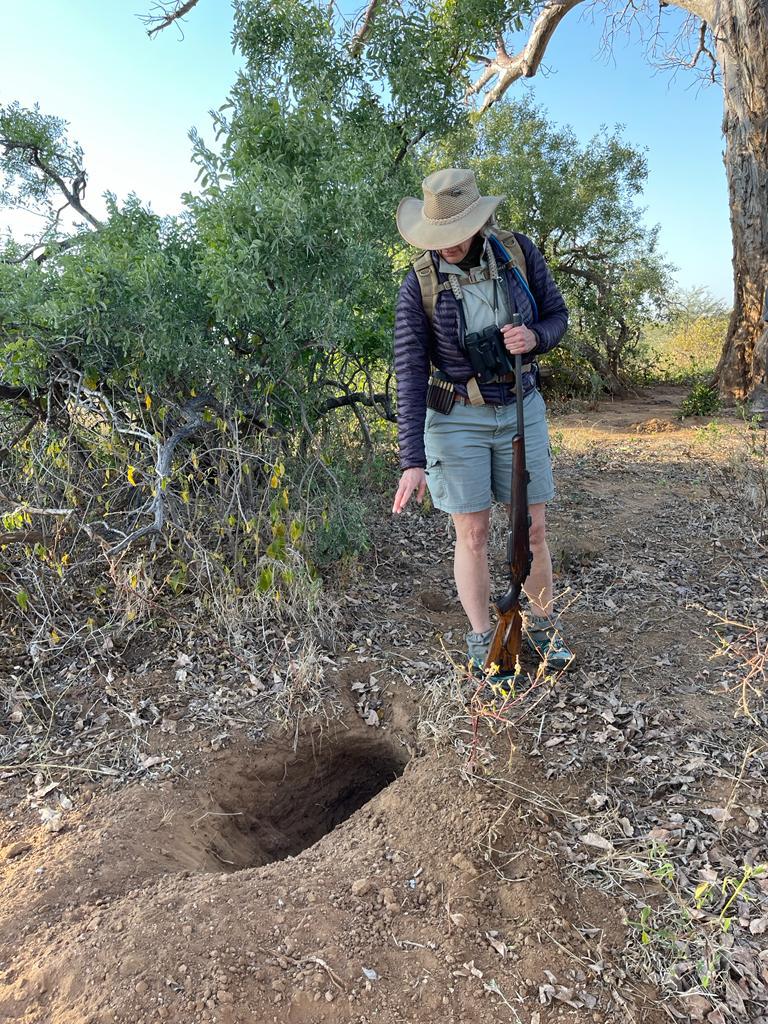
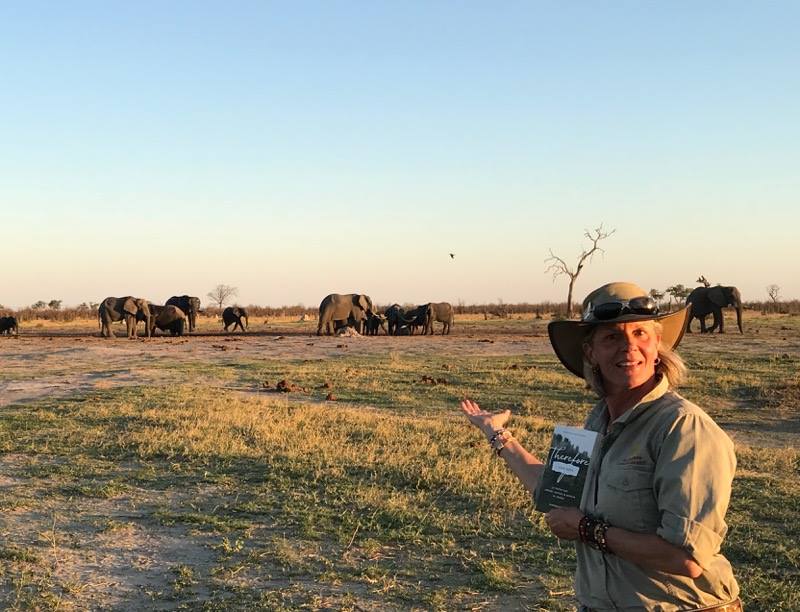
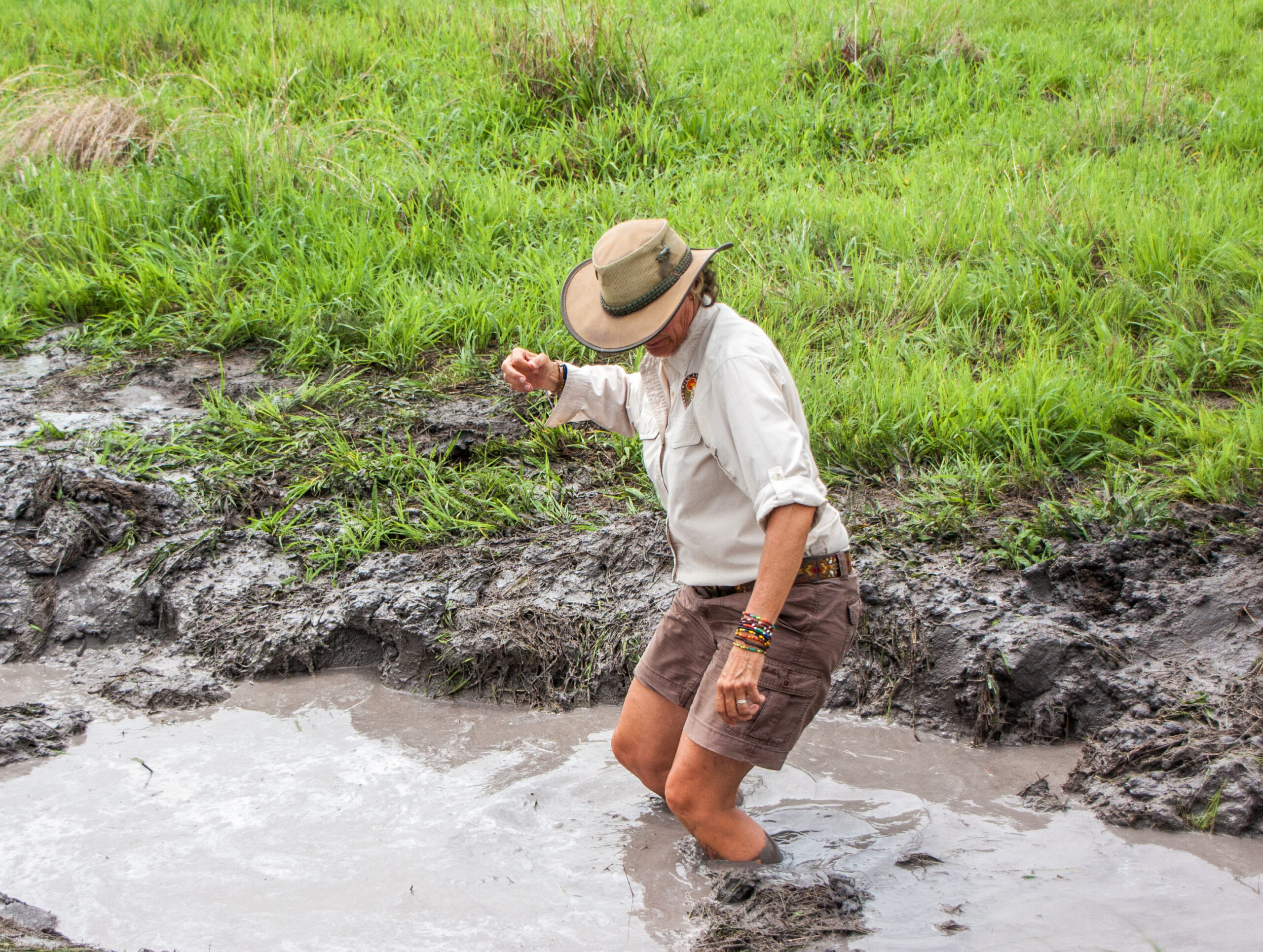
Are there upcoming safaris or trips planned in 2023 that would pique queer travelers’ interest?
Jody Cole: Next year, I’m doing mostly private safaris. We’re already working on 2024. And I think that’s the way I’m going to go in the future because selling safaris, like marketing it, is much harder to fill than a private safari. And that doesn’t necessarily mean that the price is going to be more expensive. It just means people come to me and say, “I want to go to Tanzania, we got eight people, and this is what we want to do.” That’s my expertise and I like that so much more than the shotgun style of trying to get people to go on a safari.
What recommendation or words of encouragement would you offer to queer travelers who’ve never taken a safari before?
Jody Cole: Do not wait! Africa always seems to be one of those destinations that people perceive to be too expensive or something that they do when they get older. I would strongly urge anyone to live their dreams now. Dreams are not for back-shelf dusty destinations. Do your dream trips now!
It often seems easier to go to the perceived obligatory destinations such as Europe first because of our genetic or lineal heritage. But the truth is that our genetic heritage began on the continent of Africa. To most of my guests, this connection is palpable upon their arrival.
On my trips, we don’t just look, take pictures, and watch. I always get guests, if they are willing, to touch, step on, feel, taste, and see things from a perspective other than from the seat of a vehicle. That’s what life’s all about. Just get into it!
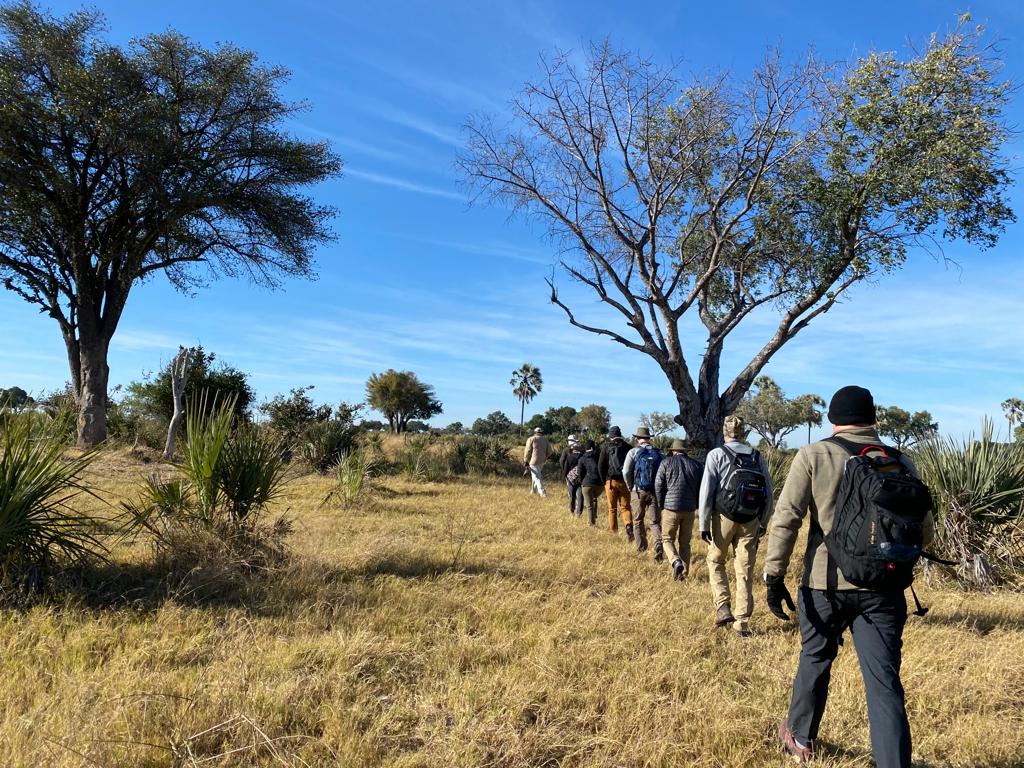
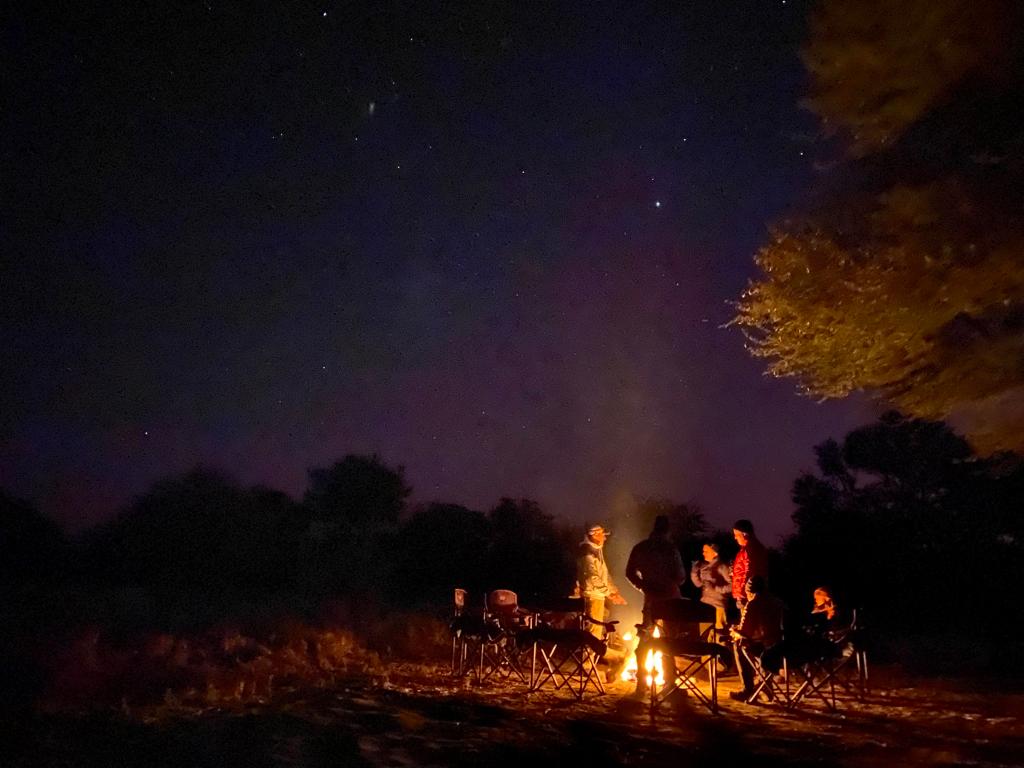
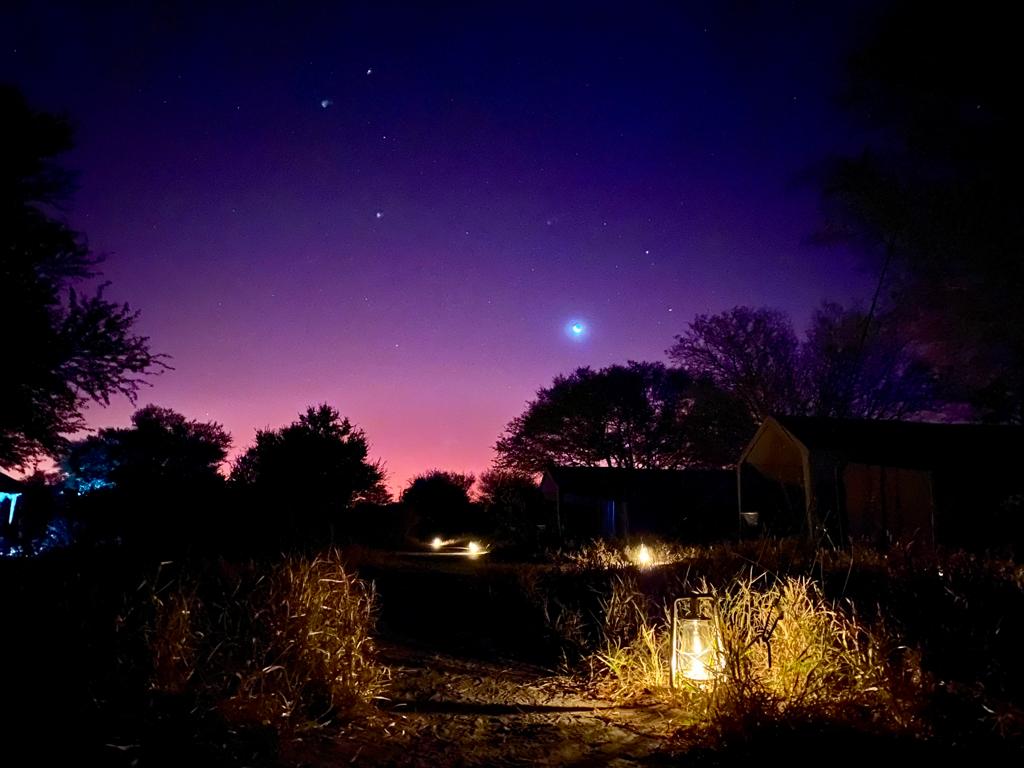
Visit Wild Rainbow African Safaris’ website for more information and follow them on Facebook, Twitter, and Instagram!
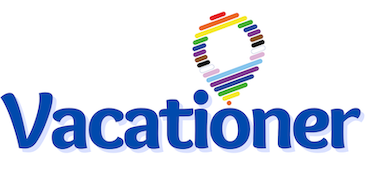
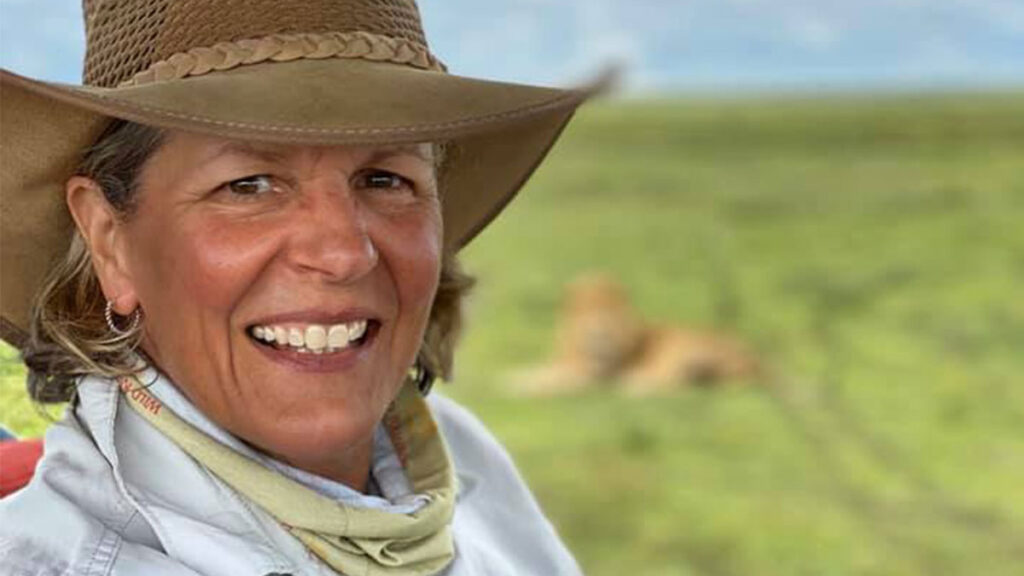


What a terrific article! I love the part about reading to the cows!! Mostly though, Kwin takes good care of Cole’s adventurous saga including all her study & preparations; she took time & made the effort to ensure the best very experiences for her clients. What a way to be so love-inspired & want to give it away to folks who hope to see & know a very different corner of the world.
Thank You, Jody Cole